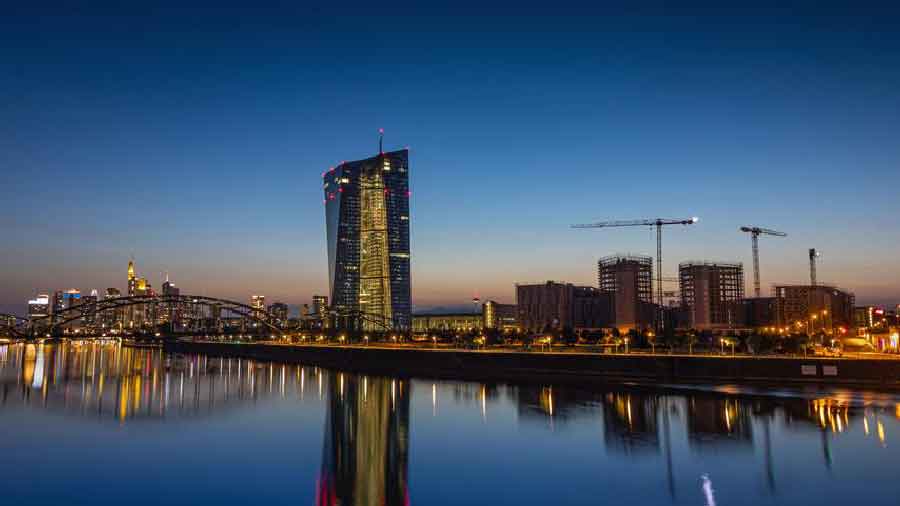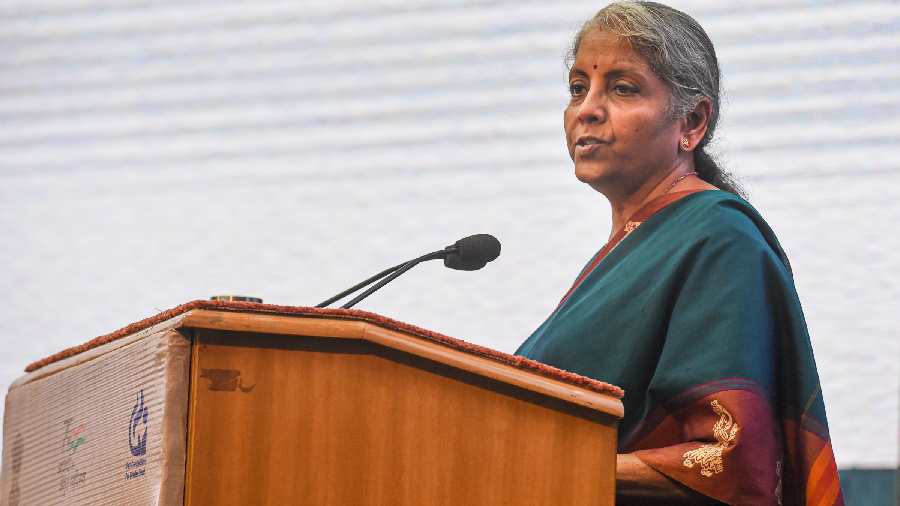The European Central Bank has decided to raise eurozone intrest rates by a record 75 basis points as it tries to rein in inflation.
The European Central Bank (ECB) has announced it will be hiking interest rates by 75 basis points, making it the second straight rate increase.
It's the largest rate increase the 25 member governing council of ECB has made in a single session. However, the benchmark rate for lending to banks now stands at just 1.25%, which is still an exceedingly low level by historical standards.
The deposit rate — which is the rate that defines the interest banks receive for depositing money with the central bank overnight — stands at 0.75%.
"The Governing Council took today's decision, and expects to raise interest rates further, because inflation remains far too high and is likely to stay above target for an extended period," the ECB said in a statement.
Year-on-year inflation in the eurozone stood at 8.9% in July and first predictions for August put the rate tentatively at 9.1%.
ECB joins push to curb inflation
The ECB was rather late to join the US Federal Reserve and other central banks in the global rush to raise rates to combat inflation.
The increase is aimed at raising borrowing costs for consumers, businesses and governments. This theoretically slows spending and investment while taking the heat off of consumer prices by reducing demand for goods.
The ECB, like many other central banks for developed western economies, has consistently held interest rates at or near zero almost without interruption since the so-called financial crash of 2008. The target was to promote economic growth and moderate inflation of around 2%.
For years, these historically low rates barely kept growth positive and did not boost inflation. But global supply disruptions amid the COVID pandemic followed by the war in Ukraine's impact on core product prices such as food and fuel have now combined to push inflation up towards 10%, prompting banks to raise rates to try to rein it back in.











